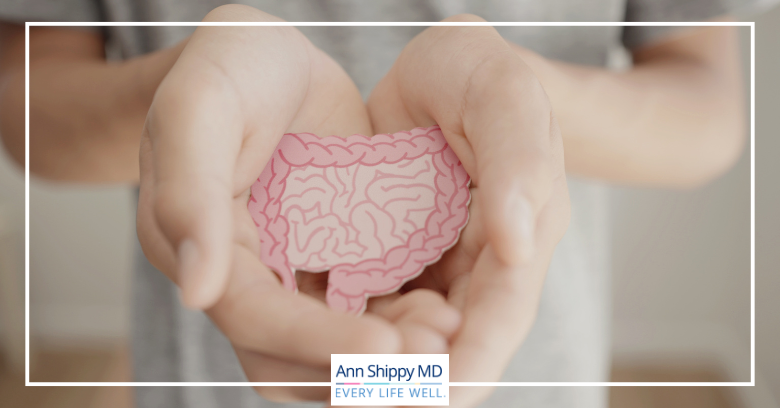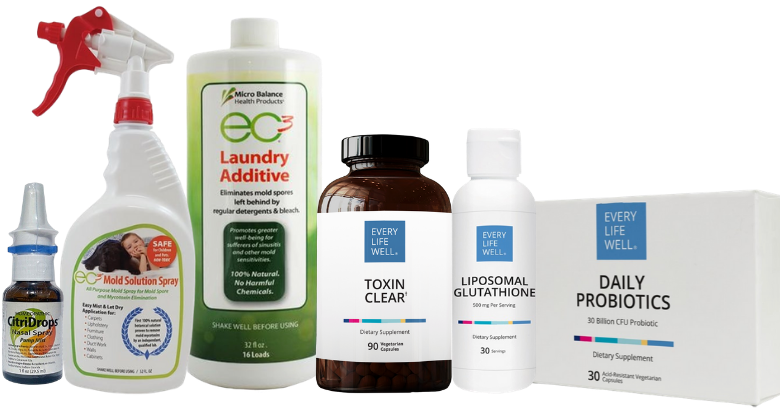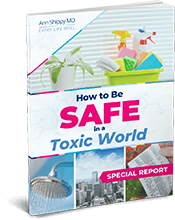The Importance of Choline In Pregnancy
Have you heard about choline? And are you getting enough in your diet?
Choline is an essential nutrient closely related to B vitamins but isn’t talked about as much as it needs to be, especially for pregnant women.
One survey found that only six percent of OBGYNs would recommend women eat high choline foods during pregnancy!
This statistic will feel even more shocking after we walk through exactly how important choline is for your health, as well as the health of your future children.
Keep reading more to learn about:
- What choline is and why it’s crucial for health
- Signs of choline deficiency
- The importance of choline during pregnancy
- Recommended choline intake
- Food sources of choline
- Choline supplementation
- Tips for increasing choline and personalizing your nutrition plan
What Is Choline?
Choline is an essential nutrient, similar in structure to B vitamins, but was discovered well after the other B vitamins in the late 1990s.
Choline plays many essential roles in the body:
- Provides structure to cell membranes as phosphatidylcholine, the body’s primary phospholipid
- Involved in cell signaling
- Required for the neurotransmitter acetylcholine, which is vital for memory and mood
- Part of the myelin sheath that encapsulates nerves
- Important for lipoprotein particles, particularly VLDL (very low-density lipoprotein), which transports triglycerides out of the liver
- Involved in the methylation process and is a source of methyl donors that serves many functions in the body, including gene expression
- During pregnancy, choline supports fetal development, notably brain development, and prevents neural tube defects
Although we can make some choline, we still need to obtain it from the diet to avoid deficiency.
Choline is considered “essential” because humans need to eat choline in their food.
The amount of choline that each of us requires is highly personal. It may vary based on our diet, environmental factors, and genetics.
Phosphatidylethanolamine methyltransferase, or PEMT, is the enzyme that makes choline.
Over half of the population has a SNP, or a small change in the genetic code for the enzyme. This polymorphism in the DNA causes the enzyme to be less efficient, which increases the risk of choline deficiency.
These people may need more choline in the diet and potentially more methylation nutrients, like folate and vitamin B12, to compensate.
Choline Deficiency
Choline deficiency will affect all cells and systems in the body and growth and development.
Signs of choline deficiency include:
- Fatty liver
- Elevated liver enzymes; liver damage
- Increased muscle enzymes
- Organ dysfunction
- Inflammation
- Changes in epigenetic expression
There may be additional issues when choline deficiency occurs during pregnancy since requirements are higher during this critical developmental phase.
Let’s look at pregnancy next.
Choline In Pregnancy
The increase in estrogen during pregnancy upregulates PEMT, and the body works to make more choline, especially in the second half of pregnancy.
The mother’s body diverts choline into the uterus. Higher levels of choline (about seven times higher!) are found in the placenta and amniotic fluid compared to the mother.
This transfer of choline shows just how essential choline is for pregnancy and fetal development.
Choline is vital for:
- Closing the neural tube and palate (decreased risk for neural tube defects and cleft palate)
- Development of the hippocampus part of the brain, important for learning, memory, and attention
- Function of the placenta
- Lower neonatal stress
- Epigenetic expression
- Protection of the baby when the mom has gestational diabetes
- Long-term childhood development
- Maintaining homocysteine levels in the mother
Even after birth, good choline status during pregnancy correlates with faster brain processing in infants and better memory at age seven. Much like folate, choline plays a role in the critical brain development that occurs in the womb and has lifelong effects.
Recommended Choline Intake – How Much Choline Do I need?
The DRIs, or dietary reference intakes, for choline, are as follows:
- Adult women – 425 mg per day
- Adult men – 550 mg per day
- Pregnancy – 450 mg per day
- Lactation – 550 mg per day
Although reports vary, most pregnant are getting below the recommended 450 mg daily.
One study demonstrated that those getting the lowest amounts of choline, under 300 mg per day, had a four times greater risk for babies with neural tube defects when compared to women eating over 500 mg.
In some cases, 450 mg per day might be inadequate. Human feeding studies suggest the need for even more choline, around 930 mg daily, to improve blood markers and methylation nutrients in the mother’s blood.
The upper limit for choline is set at 3500 mg per day, so even doubling the pregnancy recommendation is well within a safe range, and likely closer to an optimal level.
Food Sources of Choline
The best food sources of choline are animal foods, particularly eggs, liver, meat, and fish. These are also some of the most nutrient-dense foods that support fertility. Choline is widespread in plant foods although levels are much lower compared to animal foods.
Here are some Paleo food sources and the average amount of choline they contain:
- 1 large egg – 125 mg choline
- 3 oz chicken liver – 247 mg choline
- 3 oz beef liver – 356 mg choline
- 3 oz beef – 107 mg choline
- 3 oz salmon – 187 mg choline
- 3 oz chicken or turkey – 55 mg choline
- ½ cup boiled broccoli – 31 mg choline
- ½ cup tangerines – 10 mg choline
In addition, breast milk is an excellent source of choline for babies. If you use infant formula, choose one that contains choline.
Choline Supplementation
Choline supplements are a practical choice to make up for choline gaps in the diet. Supplementation is helpful for those with higher choline needs due to variations in PEMT or other factors.
Choline supplementation helps with fertility (for men and women) and growth and development during pregnancy. Animal studies suggest that choline supplementation during pregnancy improves cognition and behavior in the offspring.
Side effects are virtually nonexistent with choline supplementation between 500 and 900 mg per day.
Excessively high levels of supplementation may have adverse consequences during pregnancy, so it’s best to assess how much choline you are eating in the diet and adjust supplementation as needed. Working with your Functional Medicine doctor before and during pregnancy will be helpful for this guidance.
How To Increase Choline
- Think about choline before pregnancy. Although this article has focused on pregnancy, choline is also important during the preconception period, particularly for healthy egg and sperm development.
- Increase choline-rich foods. Eating eggs and meat daily, along with liver a few times per week, is an excellent strategy for increasing choline in the diet. Be sure to eat plenty of produce and healthy fats too. If you don’t like eating organ meat, look for pasture-raised options in capsules.
- Get bloodwork done. Specific blood labs, including homocysteine, folate, vitamin B12, PEMT gene, and other markers, help assess if you would benefit from higher choline in the diet or adding a choline supplement to your routine.
- Check your prenatal. Many over-the-counter prenatal supplements don’t contain any choline and are likely to contain low quality or non-active forms of other nutrients. We recommend Every Baby Well Prenatal Vitamins for a comprehensive prenatal containing active forms of essential nutrients along with 50 mg of choline.
- Consider taking phosphatidylcholine. Phosphatidylcholine is the form of choline that you’ll find in every cell membrane in the body. It’s highly absorbable and efficiently utilized by the body. Every Life Well Phosphatidylcholine Pure Liquid makes it easy to adjust the dose based on your needs. If you prefer phosphatidylcholine in capsules, we have those too.
Now that choline is on your radar, spread the word!
We need 100% of OBGYNs talking about choline with mom’s-to-be and pregnant women.
Since we aren’t there yet, take preconception and prenatal nutrition into your own hands and be sure to up your choline intake during the reproductive years.
References
- https://www.ncbi.nlm.nih.gov/pmc/articles/PMC2782876/
- https://www.ncbi.nlm.nih.gov/pmc/articles/PMC6722688/
- https://www.ncbi.nlm.nih.gov/pmc/articles/PMC2518394/
- https://www.ncbi.nlm.nih.gov/pmc/articles/PMC3319504/
- https://ods.od.nih.gov/factsheets/Choline-HealthProfessional/
- https://pubmed.ncbi.nlm.nih.gov/34820909/













